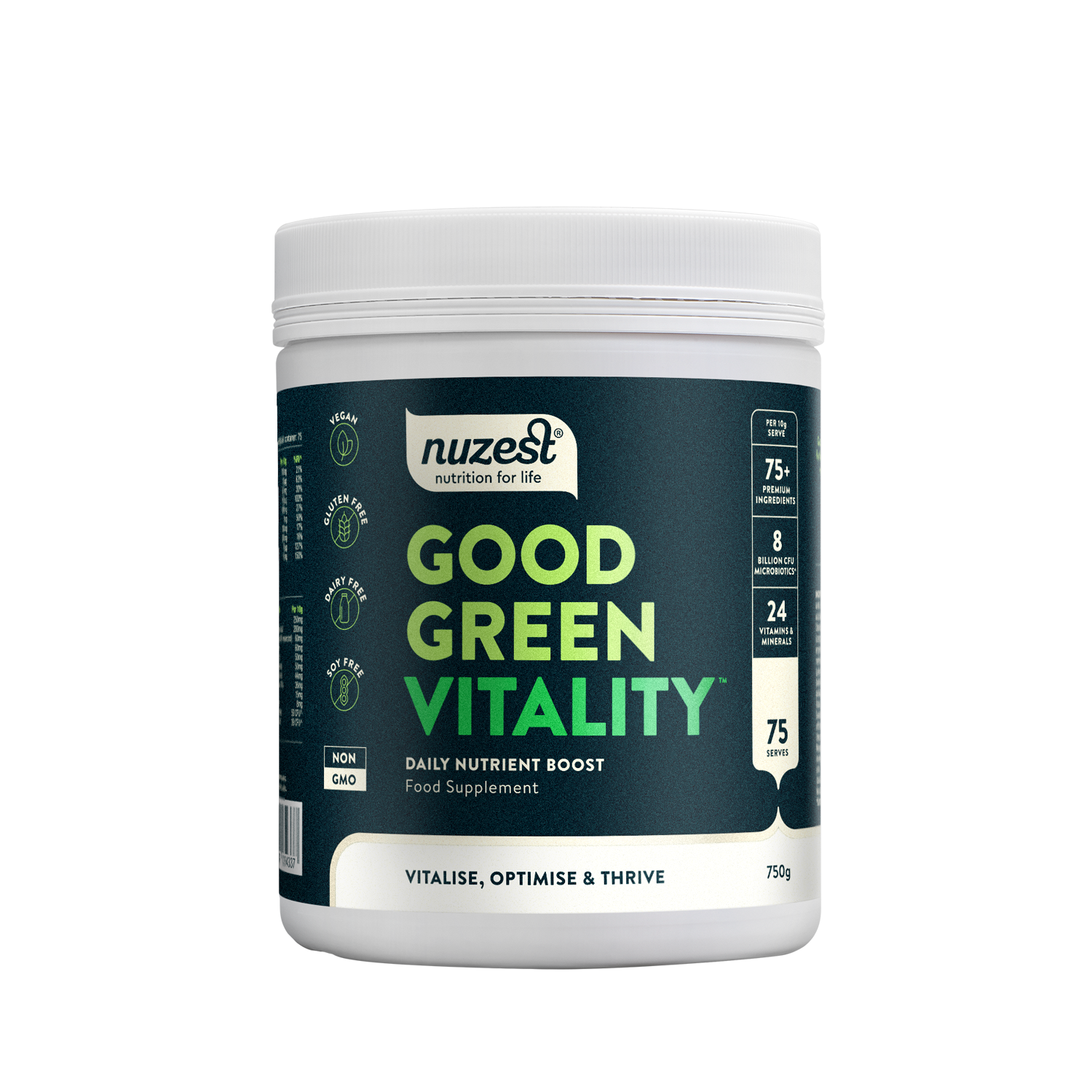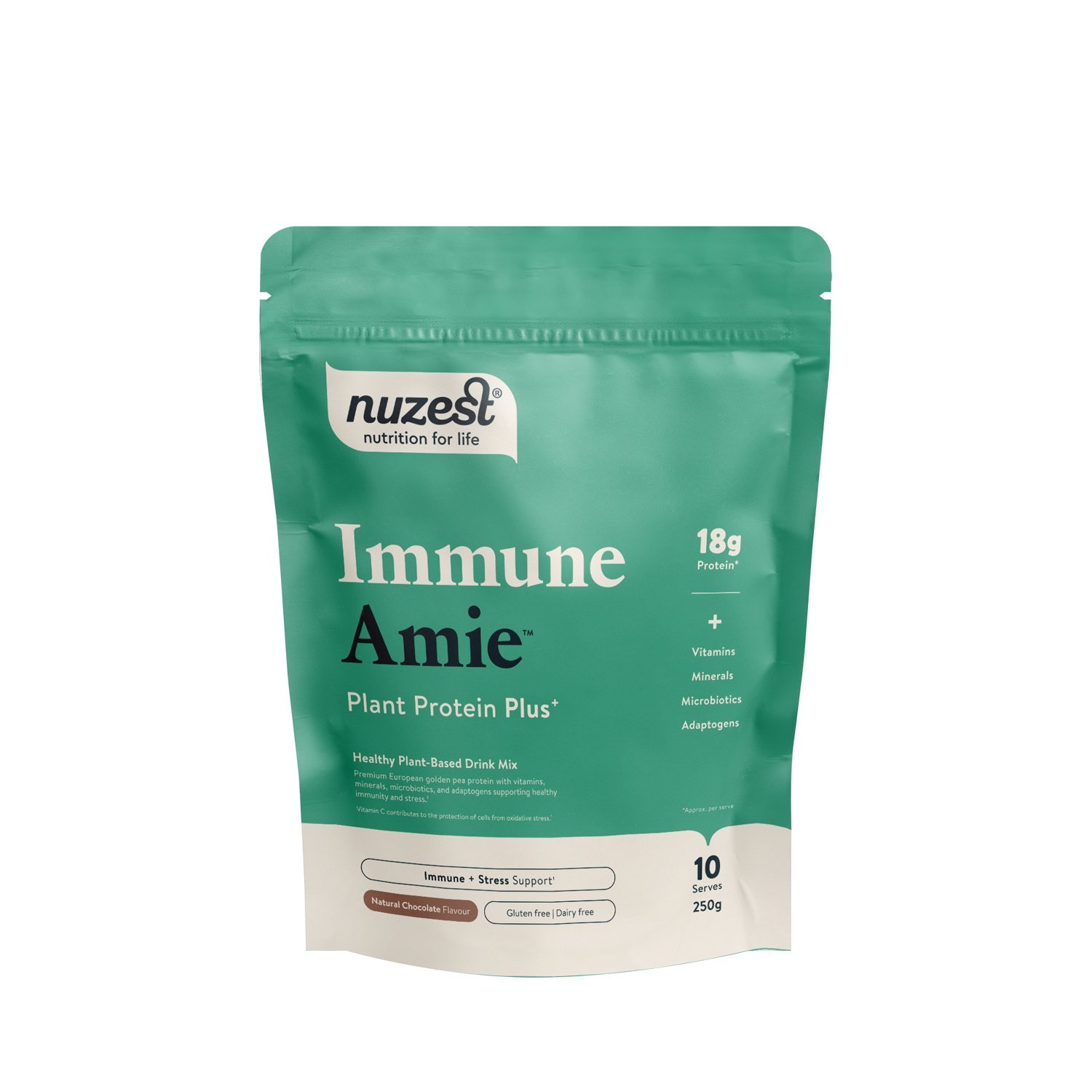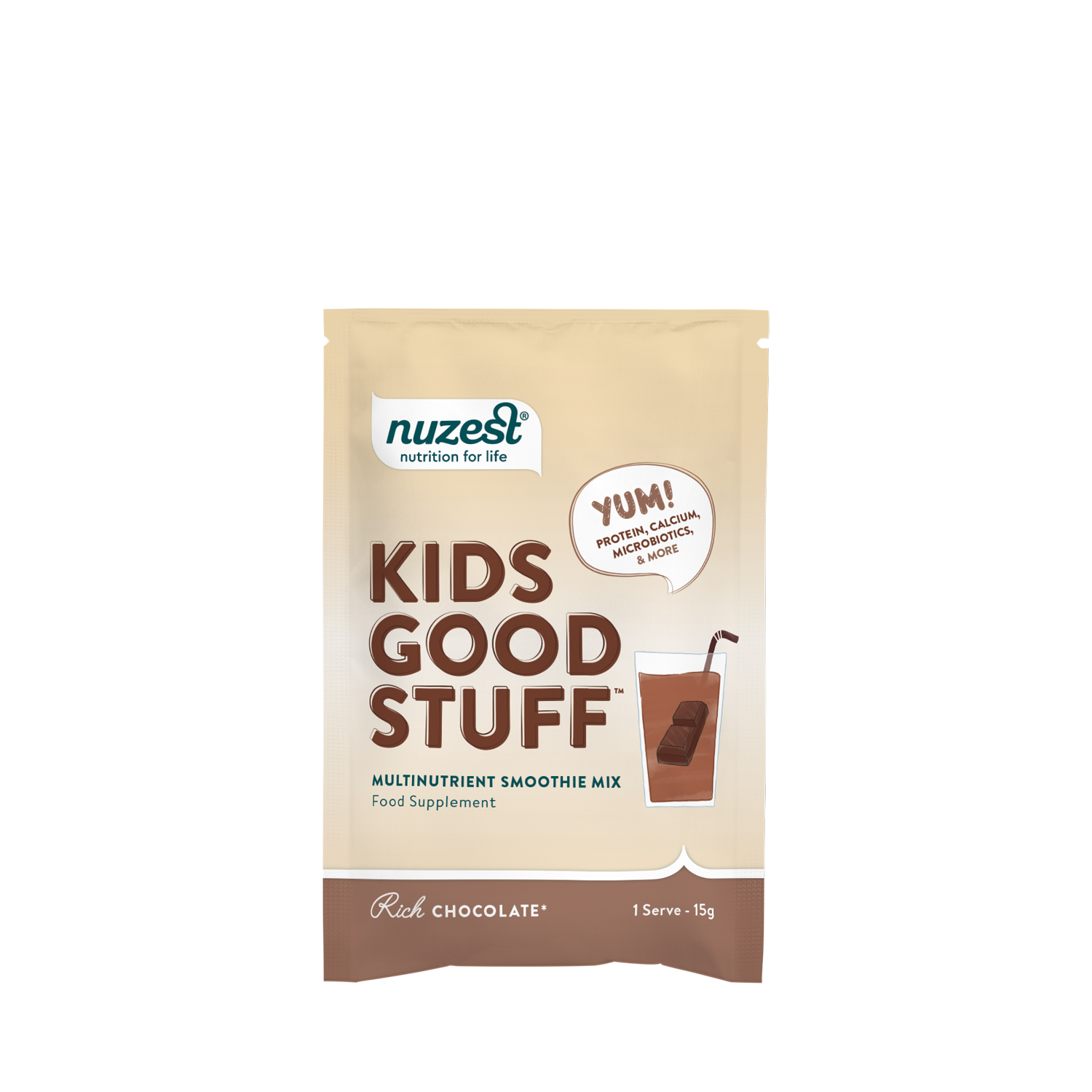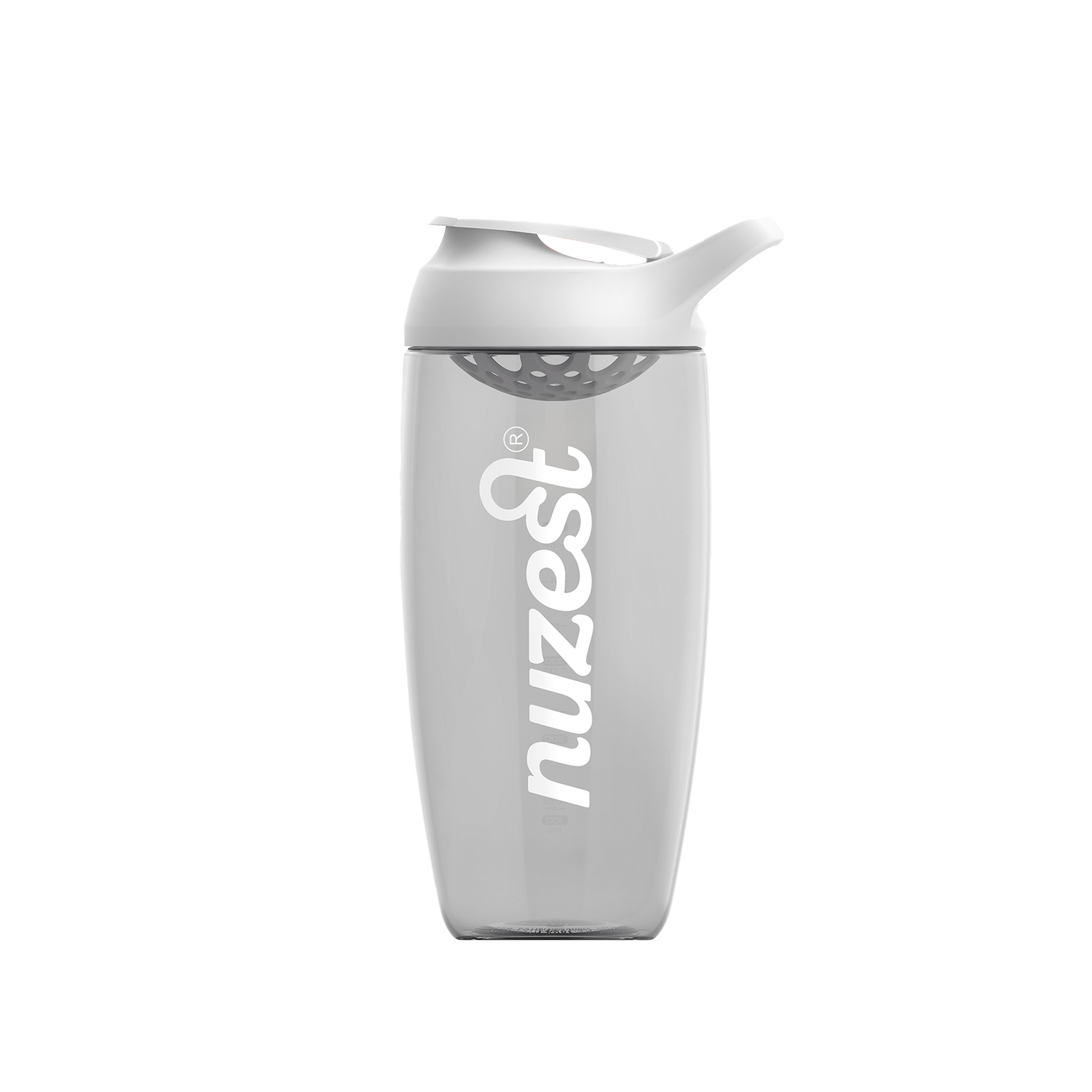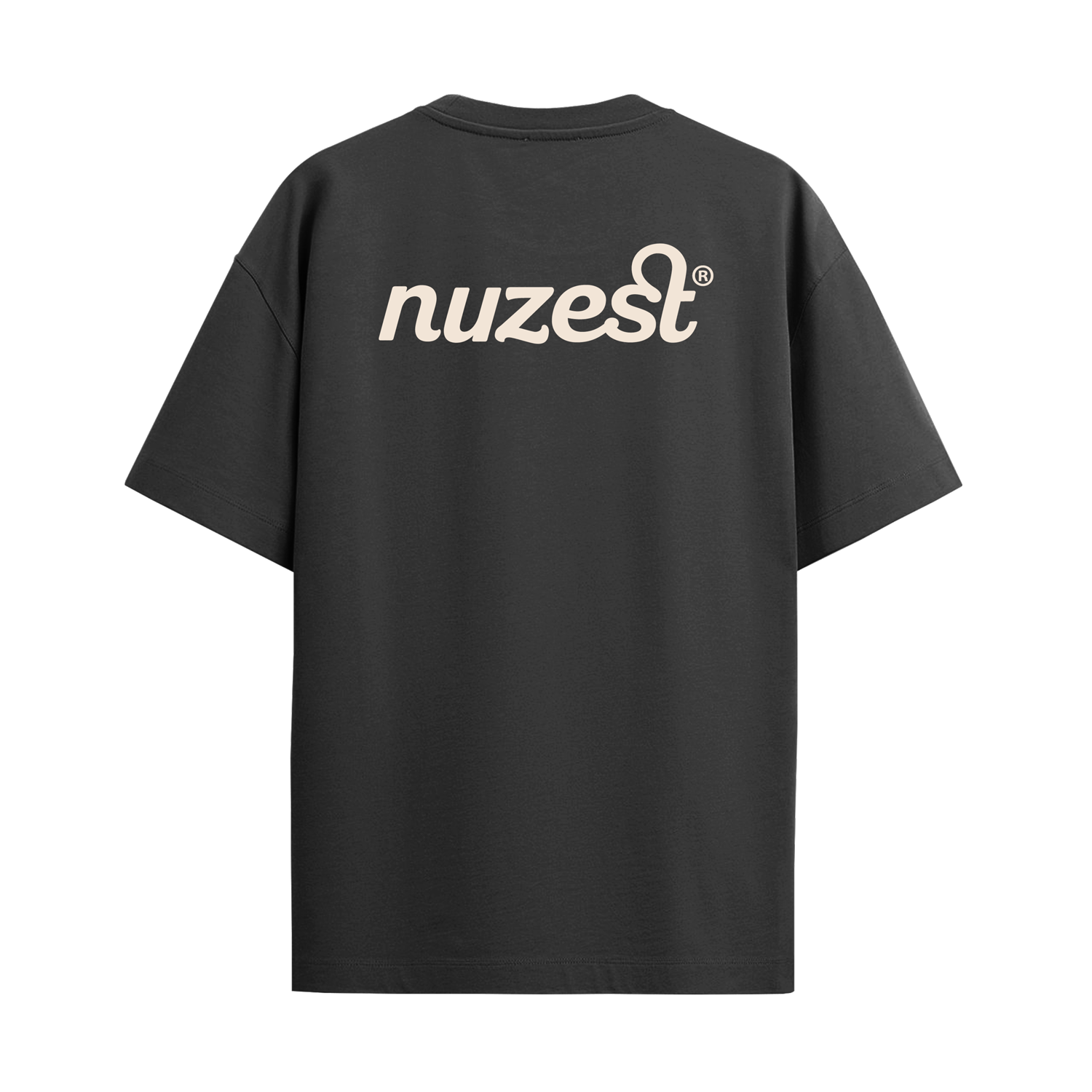Bifidobacterium longum
Probiotic
Bifidobacterium longum is a lactic acid-producing bacterium found in the gastrointestinal tract. It is commonly used in probiotic formulations for its ability to colonise the intestines.
Products:
Bifidobacterium longum and Stress Management
Bifidobacterium longum may support stress management by influencing the gut-brain axis. Clinical research indicates that supplementation with the B. longum 1714 strain can improve psychological and physiological responses to stress in healthy adults, suggesting potential benefits for alleviating stress-related symptoms.¹
The Anti-Inflammatory Properties of Bifidobacterium longum
Exhibiting anti-inflammatory properties, Bifidobacterium longum helps reduce levels of inflammatory markers such as TNF-α, IL-6, and IL-1β. By supporting intestinal barrier integrity and modulating the immune response, it may promote digestive health and help protect against gut inflammation.
Bifidobacterium longum and Immunity
This probiotic may also support immune health by modulating immune responses and enhancing gut barrier function. It interacts with immune cells, including dendritic cells and T cells, to help promote balanced immune activity, which may reduce inflammation and support resistance to infections. These effects contribute to maintaining a healthy immune system and overall wellbeing.²
